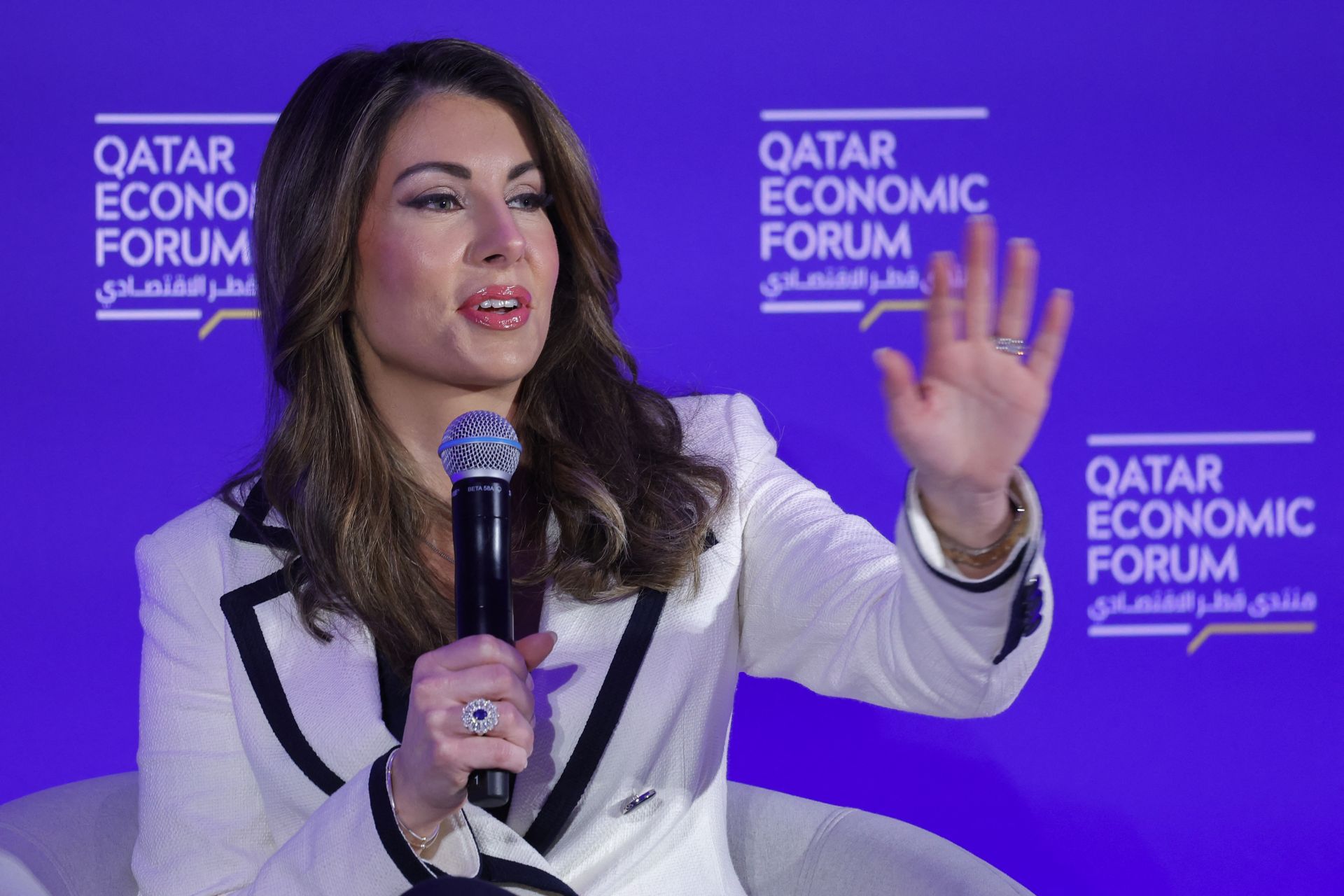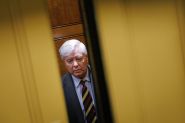
Lebanon still has "more" to do in disarming Hezbollah following the war between the Iran-backed group and Israel, Deputy US Envoy for the Middle East Morgan Ortagus said Tuesday.
As part of a deal agreed to end 14 months of fighting last November, Hezbollah was to withdraw its fighters north of Lebanon's Litani River, while Israel was to pull all its forces from south Lebanon.
The Lebanese army has been deploying in the area as Israeli forces have withdrawn and has been dismantling Hezbollah infrastructure there.
UN peacekeepers are also present in the area and play a role in supervising the ceasefire.
Lebanese authorities "have done more in the last six months than they probably have in the last 15 years," Ortagus said at the Qatar Economic Forum referring to efforts to disarm Hezbollah.
"However, there's a lot more to go," she added.
"We in the United States have called for the full disarmament of Hezbollah. And so that doesn't mean just south of the Litani. That means in the whole country," Ortagus said at the Qatar conference calling on Lebanese politicians "to make a decision".
The IMF is Not The Country’s Only Option
The US Envoy also outlined an alternative vision for Lebanon’s economic recovery, asserting that the International Monetary Fund (IMF) should not be viewed as the country’s only option. Speaking on the sidelines of the event, Ortagus said she has a comprehensive plan that could enable Lebanon to move forward without relying on IMF assistance.
“I have a big plan and a vision that could allow Lebanon to do without the IMF,” she declared, suggesting that with the right reforms and strategies, the country could attract private capital instead of increasing its public debt.
Ortagus emphasized the importance of transforming Lebanon into an investment-friendly environment, arguing that doing so would create the conditions necessary for private sector involvement. Her goal, she said, is to encourage investor confidence as a means to stabilize the economy and avoid further indebtedness.
Her remarks reflect a broader push for market-driven solutions to Lebanon’s deepening financial crisis, which has left the nation struggling with inflation, currency collapse, and widespread poverty.



Comments